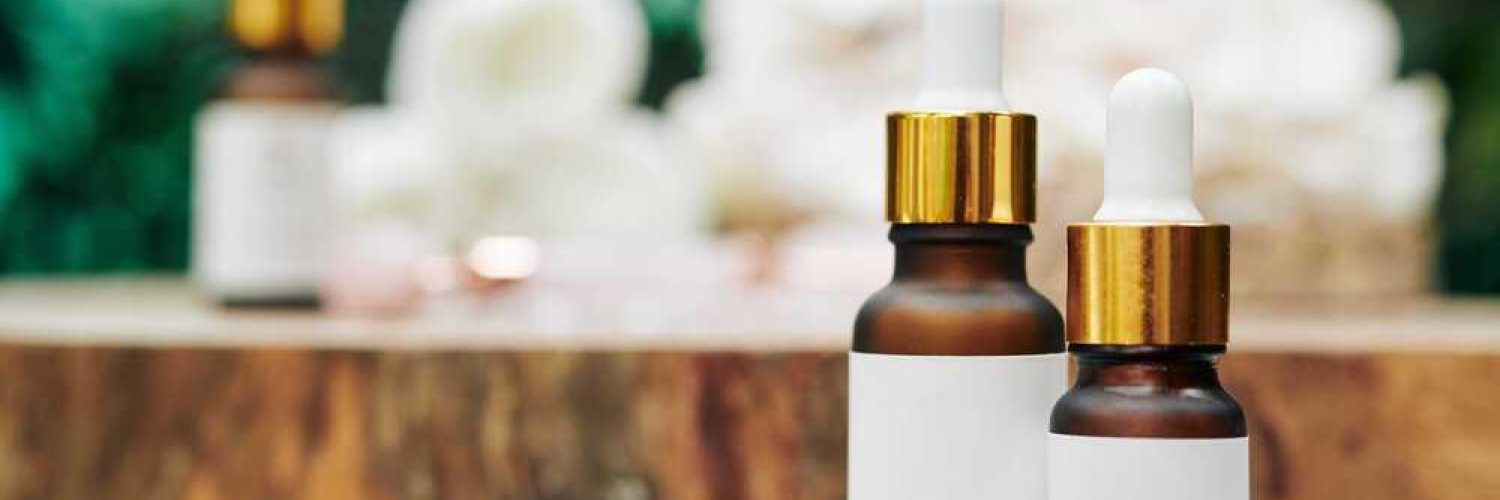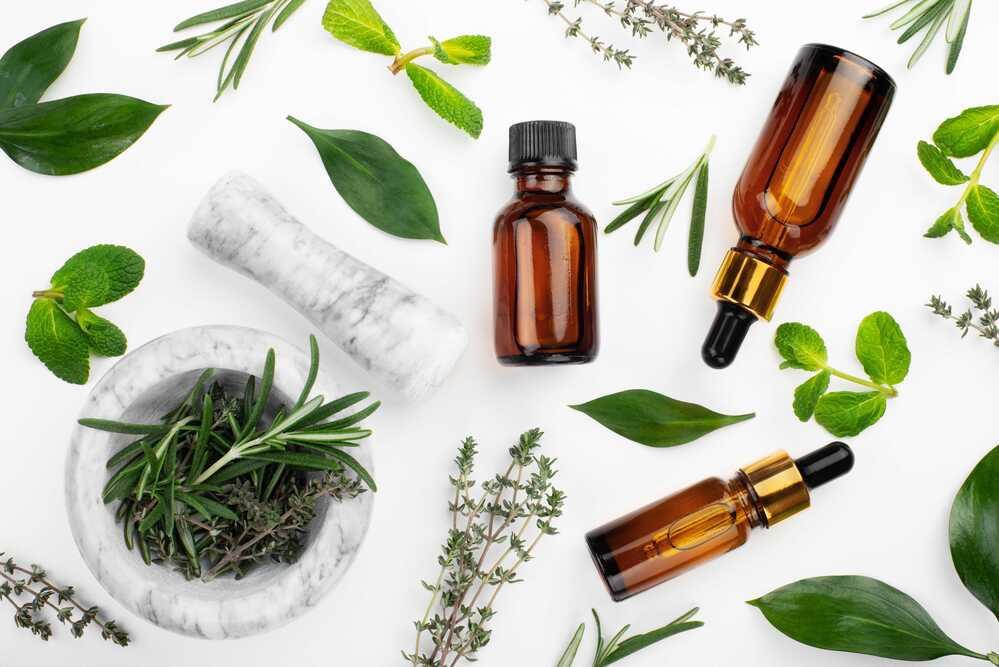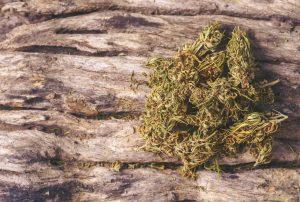- Fact-checked by Dr. Desiree Granados

Research suggests that essential oils have many health benefits, though the FDA doesn’t regulate or monitor their quality or purity. It’s best to speak with a healthcare professional before using essential oils and research the brands’ products thoroughly.
Essential oils are the extracts that give plants a fragrant aroma. They’re known for their health benefits and are generally applied to the skin or inhaled through the nose as aromatherapy.

However, essential oils aren’t just excellent for refreshing scents. They may also offer therapeutic benefits to the body and mind. In a sense, they can reduce stress, inflammation, and anxiety while improving sleep.
Along with those advantages, some essential oils offer antimicrobial properties, so they can kill viral pathogens, fungi, and bacteria. Because of the COVID-19 pandemic, you might prefer natural ways to prevent germs and viruses. Current evidence doesn’t support the usage of essential oils for killing COVID, but they could inhibit other harmful pathogens.
Can Essential Oils Kill Airborne Viruses?
It is possible for certain essential oils to kill airborne viruses. One study from 2016 indicates that eucalyptus oil protected mice from the flu (influenza virus). Likewise, a 2012 study showed that aerosolized eucalyptus oil and tea tree essential oil deactivated the airborne flu virus within about five to 15 minutes.

Bergamot and eucalyptus oil were the most potent, though other essential oils might work, too. Generally, you only need a few drops of a particular oil and can mix several essential oils together to protect your immune system and respiratory system.
What Essential Oil Kills Flu Virus?

Overall, the best essential oils to kill flu viruses include antiviral essential oils, such as tea tree, eucalyptus essential oils, and peppermint essential oil. These seem to have antiviral properties to help you deal with respiratory disease issues, including severe acute respiratory syndrome.
There isn’t much information that links essential oils to cold-causing viruses, but if they fight the flu, they likely work on colds, too.
Does Essential Oil Kill COVID-19?

Coronavirus features a spiked surface protein, so it has a crown-like appearance. It’s similar to influenza, so it makes sense to wonder if essential oil could offer protection.
However, COVID-19 is a novel coronavirus (SARS-CoV-2). Its spread is similar to the flu and cold because it uses large respiratory droplets. It can also spread through fecal-oral routes, aerosols, and surfaces infected with it.
There’s no cure for COVID-19, but many possibilities are currently being tested. Scientists haven’t researched whether an essential oil could be helpful. It’s important to note that essential oils aren’t universal virus killers.
While they have antiviral properties, that’s not the same as killing the virus. In a sense, antiviral means that the compounds inhibit the life of a virus, but virucidal indicates the virus is deactivated or destroyed. Therefore, an essential oil could kill one and not the other because of its chemical structure.
Tea tree oil prevents the influenza virus from growing inside cells but only slightly inhibits HSV-2 and HSV-1. In fact, it couldn’t impede the proliferation of many other viruses.
It’s important to find research for antiviral activity, but that doesn’t mean you can quickly locate an essential oil recipe online. Sometimes, to get the full effect, you must dilute essential oils. You also have to find the specific essential oils that will work against infectious diseases.
Therefore, lavender essential oil might not do much, but peppermint oil mixed with tea tree oil might do wonders. The science isn’t there to back up any claims, though that doesn’t mean you can’t get relief when you use essential oils, which are basically plant extracts.
Generally, use essential oils to treat your symptoms, but also speak with a doctor about tried-and-true methods that will help clear your respiratory tract.
You must also be careful because some essential oils cause skin irritation if you use too much or don’t dilute them. Therefore, it’s possible to start new problems while trying to cure current ones.
What Is a Carrier Oil?
A carrier oil is the base and dilutes essential oils before they’re used in aromatherapy or massaged into the skin. The top options include olive, coconut, jojoba, sweet almond, and argan oil. It’s never a good idea to apply the oil directly to the skin. This could cause irritation but may also lead to respiratory problems if you breathe in the oils.

Is Tea Tree Oil the Best?
Before deciding which oils are the best for topical application or inhalation, it’s best to understand how the essential oil kills bacteria. Some naturally have the compounds necessary for antimicrobial and antibacterial requirements. Two options are phenols and aldehydes.
Aldehydes are the broad-spectrum disinfectants that can sterilize or kill viruses, bacteria, and fungi. Phenols are compounds acting as antioxidants that have antibacterial properties. The top choices are lemongrass oil, tea tree oil, and the oil from the eucalyptus tree.
Tea tree oil (melaleuca alternifolia) comes from the tea tree leaves. It’s used for many things, including fighting:
- Streptococcus pneumoniae
- Haemophilus influenzae
- Pseudomonas aeruginosa
- Enterococcus faecalis
- Staphylococcus epidermidis
Lemongrass oil also has antibacterial properties. Researchers found in one study that it was effective against Bacillus cereus and Bacillus subtilis.
Eucalyptus globulus can reduce inflammation, relieve asthma symptoms, and lower stress. It might also fight these pathogens:
- P. aeruginosa
- E. coli
- Shigella spp.
- Salmonella typhi
- Streptococcus pyogenes
- S. aureus
Other research supports this. Scientists examined in-vitro microbial activities from the oil against S. aureus and E. coli, and the plant oil inhibited the growth of the bacteria.
You should never ingest eucalyptus oil in any form because it’s highly toxic. Therefore, you should inhale it or add it to your bathwater.
Conclusion
Can essential oil prevent respiratory viruses or cure them? Many medical associations believe it is possible, though there must be more in-vitro research done on them. Generally, the best treatment for the flu, cold, and COVID include rest, treating the symptoms, and consuming plenty of liquids.
Using essential oils isn’t likely to hurt you, though most of them aren’t suitable for internal use. Therefore, consider inhaling the scent or adding it to warm water to relax the body and mind to help you get over the illness quickly.
How we reviewed this article:
- National Library of Medicine
https://www.ncbi.nlm.nih.gov/pmc/articles/PMC8706319/ - National Library of Medicine
https://www.ncbi.nlm.nih.gov/pmc/articles/PMC7427755/ - How to Kill Bacteria with Essential Oils
https://www.healthline.com/health/antibacterial-essential-oils
Current Version
August 17, 2022
Written By
Jake Peter
Fact-checked By
Dr. Desiree Granados
Editorial Process
Our Editorial Process

Jake Peter received his journalism degree from Emerson College and has been writing content for the Sanctuary Wellness Institute since 2021. He is passionate about all things cannabis.







